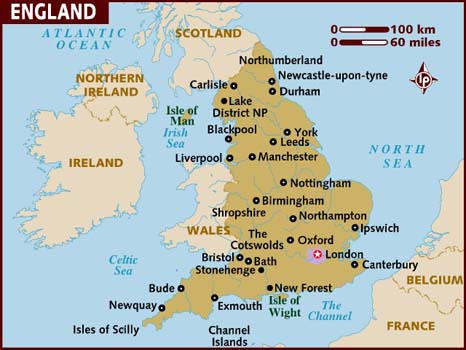 |
Present day
Britain was originally inhabited by Celtic
tribes in the 6th Century BC. The Roman Empire invaded the
island of
Britain in 43 BC and established the province of Britannia. When the
Romans left,
the island was invaded by Germanic tribes like the Angles, the Saxons
and the
Jute's. The Anglo-Saxon tribes are united in 871 in what became the
Kingdom of
England, a feudal state. Large parts of the country are conquered by
Denmark in
the ninth century. By 1016 the Danes ruled the whole country. The
Saxons regained
power in 1042. In 1066 England
was invaded by the
Norman's from Northern France. England became a republic in 1649 after
the
English Civil War (Known as the Commonwealth of England), but the
monarchy was
restored in 1660. A second revolution in 1688, lead to a parliamentary
system
of government or a constitutional monarchy. England and Scotland merged
in 1707
into the Kingdom of Great Britain. Years later, Ireland was legally
incorporated in the Kingdom under the name United Kingdom of Great
Britain and
Ireland. By the end of the Napoleonic Wars in 1815, Britain was the
foremost
European power and its navy ruled the seas. Peace in Europe allows the
British
to focus their interests on more remote parts of the world and during
this
period the British Empire reached its zenith. British colonial
expansion reached
its height largely during the reign of Queen Victoria (1837-1901). Even as the
United Kingdom extends
its imperial reach overseas, it continued to develop and broaden its
democratic
institutions at home. During the nineteenth century parliamentarism
developed
further. Britain's control over its empire loosened during the inter
war
period.
Ireland, with the exception of six northern counties, gained
independence from
the United Kingdom in 1921. In
1973,
Britain joined the European
Community (renamed
European Union in 1993.) To read up more on
British History click here.
|
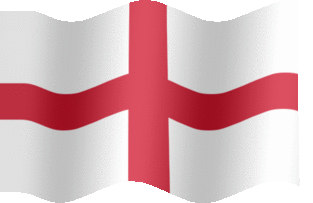  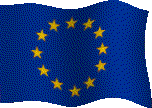 |
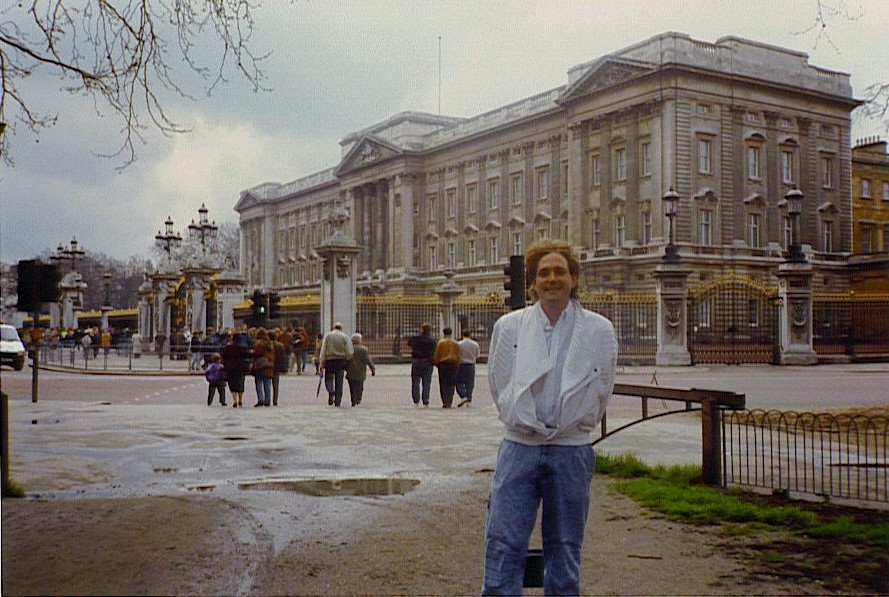
Buckingham Palace, London England 1991
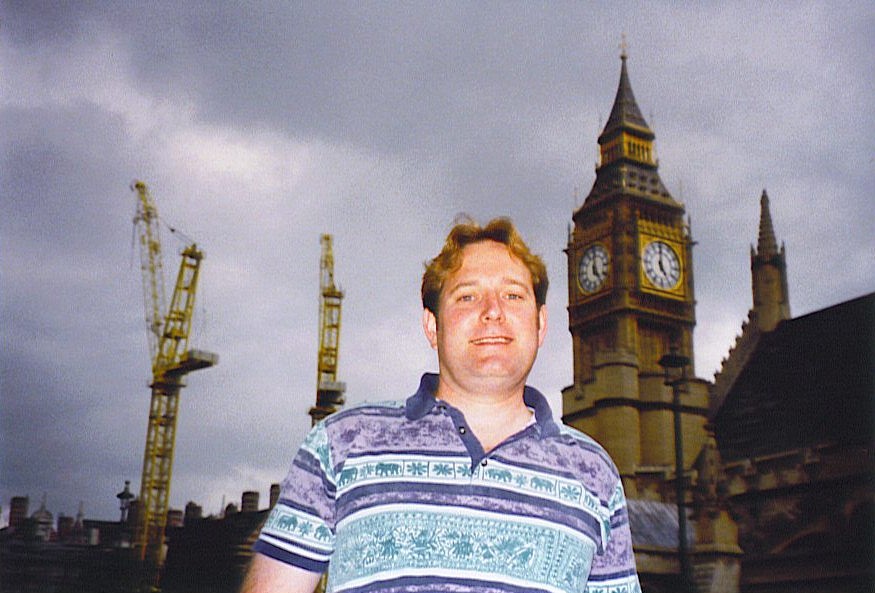
Near Westminster Abbey 1998
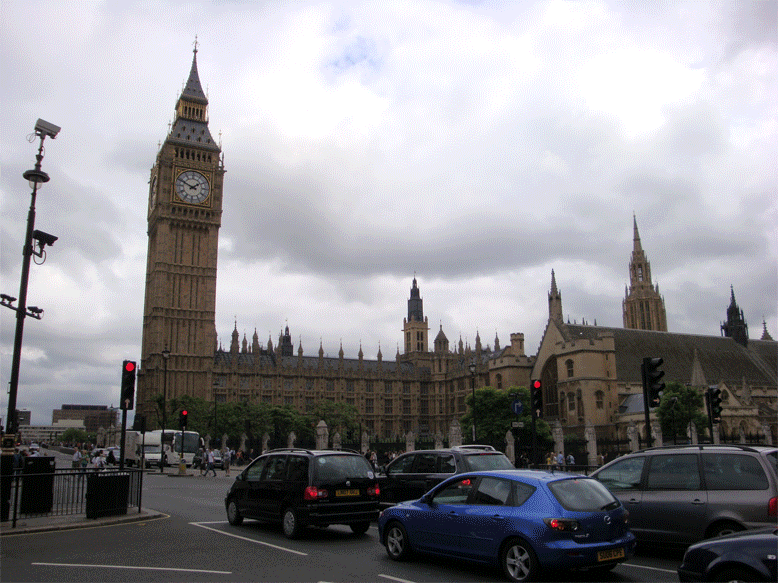
Images of London 2008
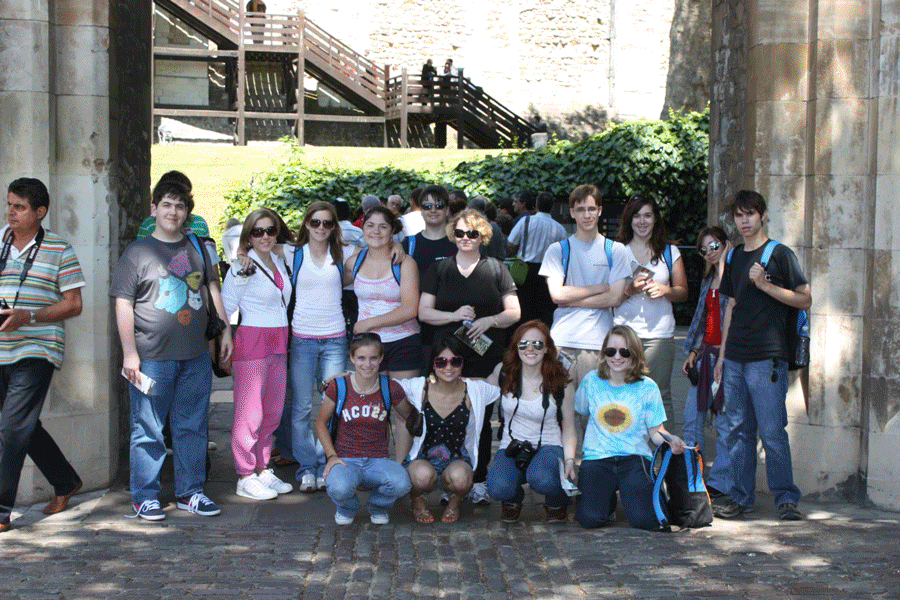
Images of London 2009
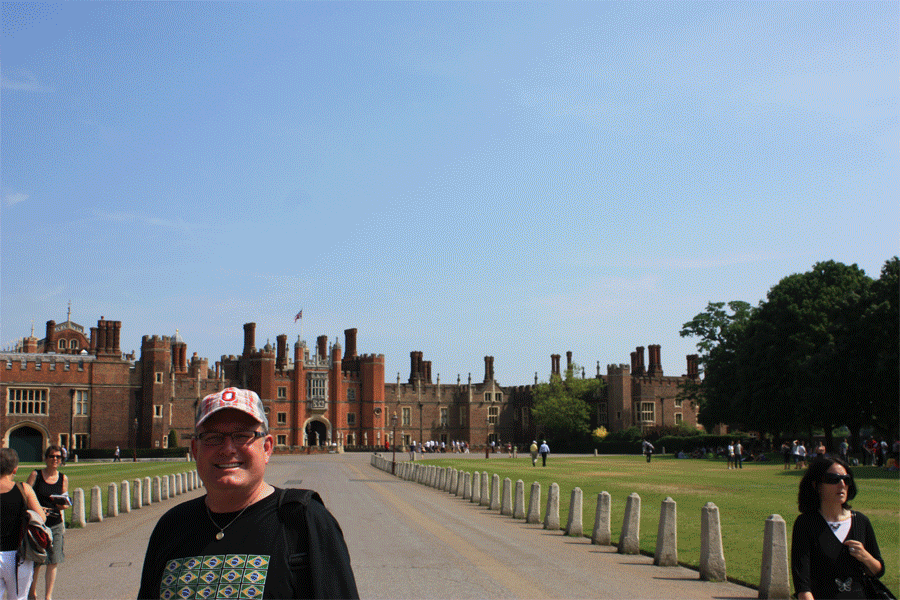
Hampton Court Castle 2013
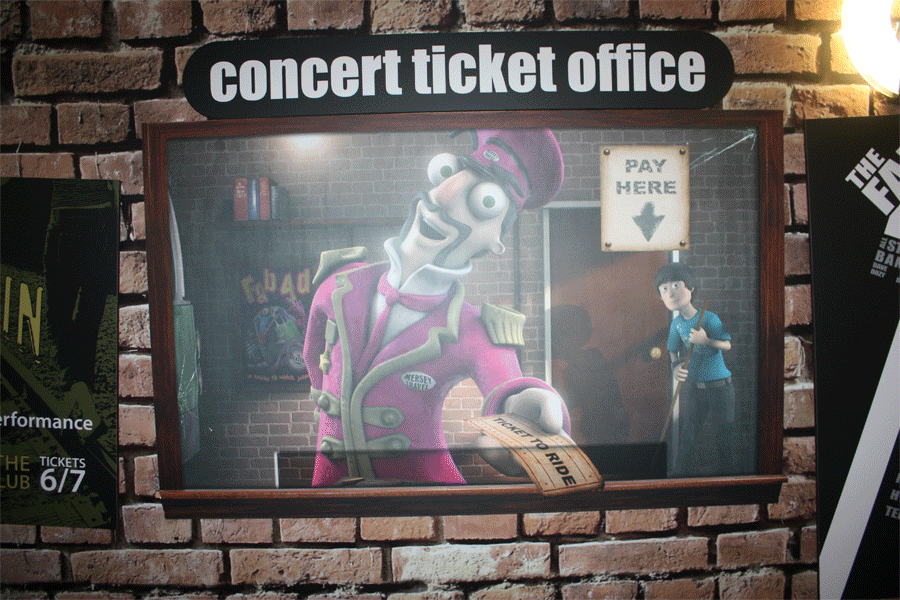
Liverpool 2013
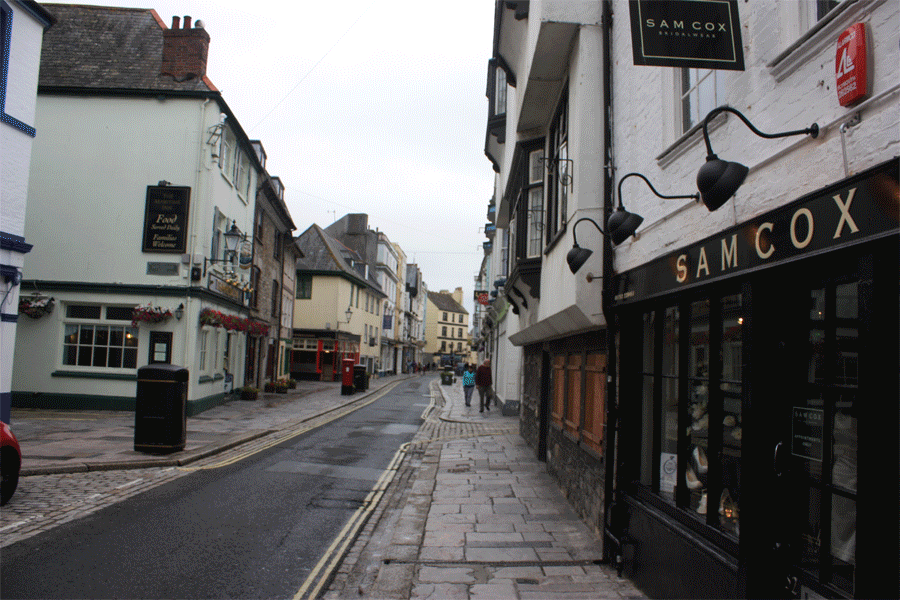
Plymouth & South Cornwall 2013
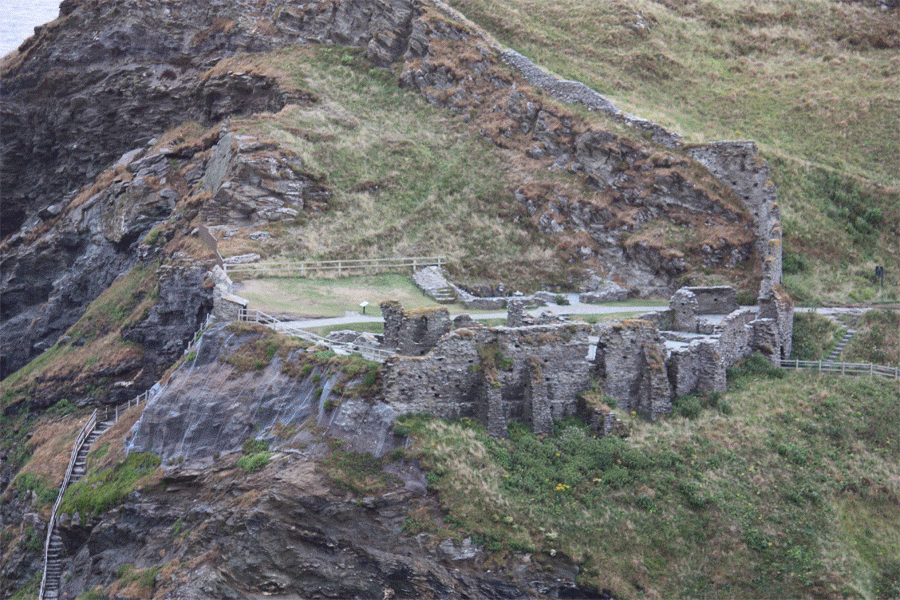
Tintagle & Port Isaac 2013
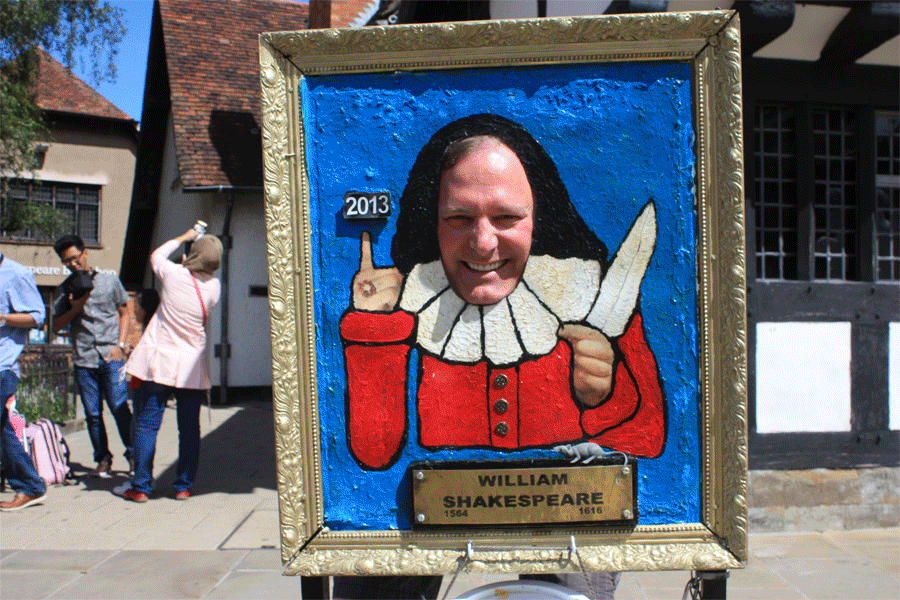
Stratford upon Avon & Windsor 2013


